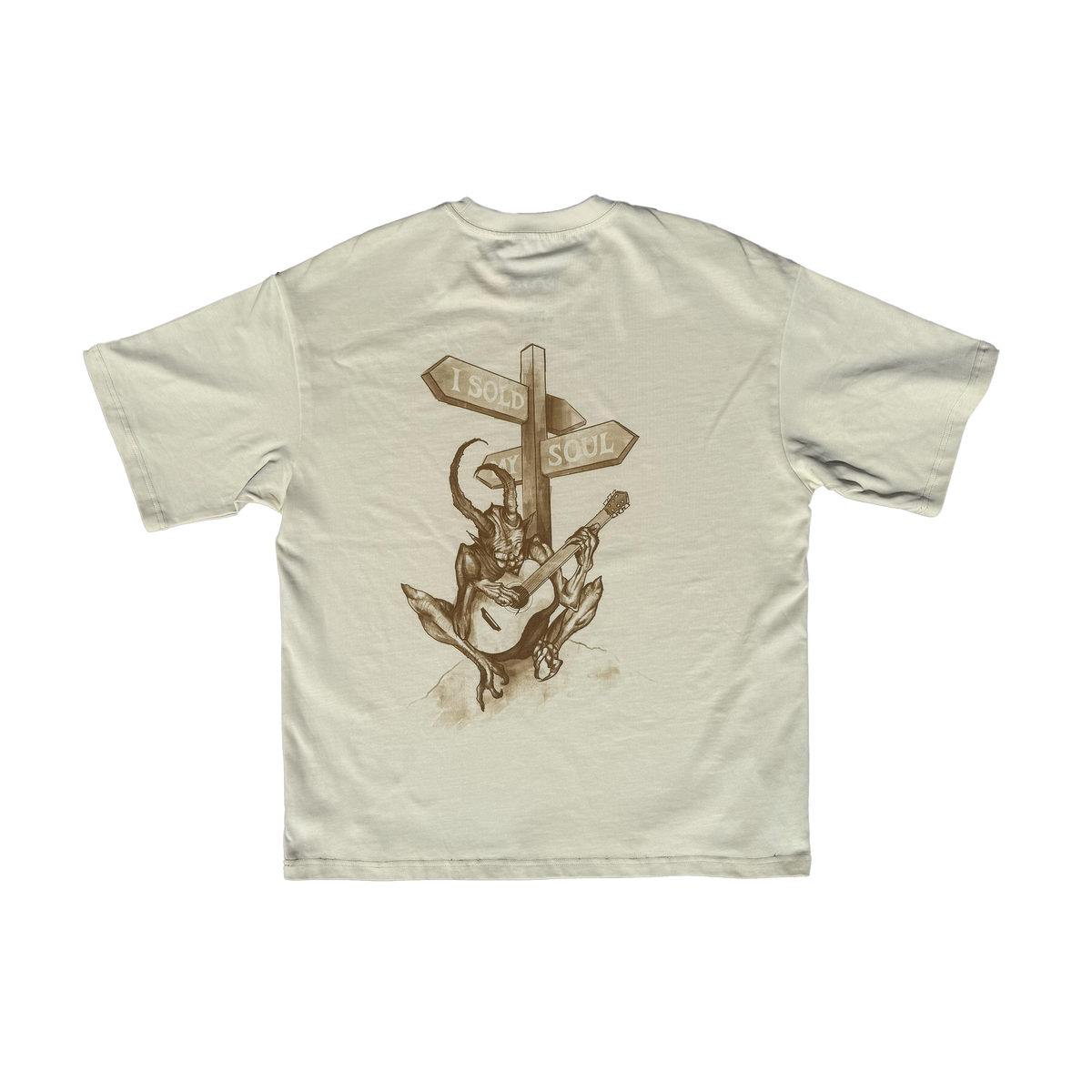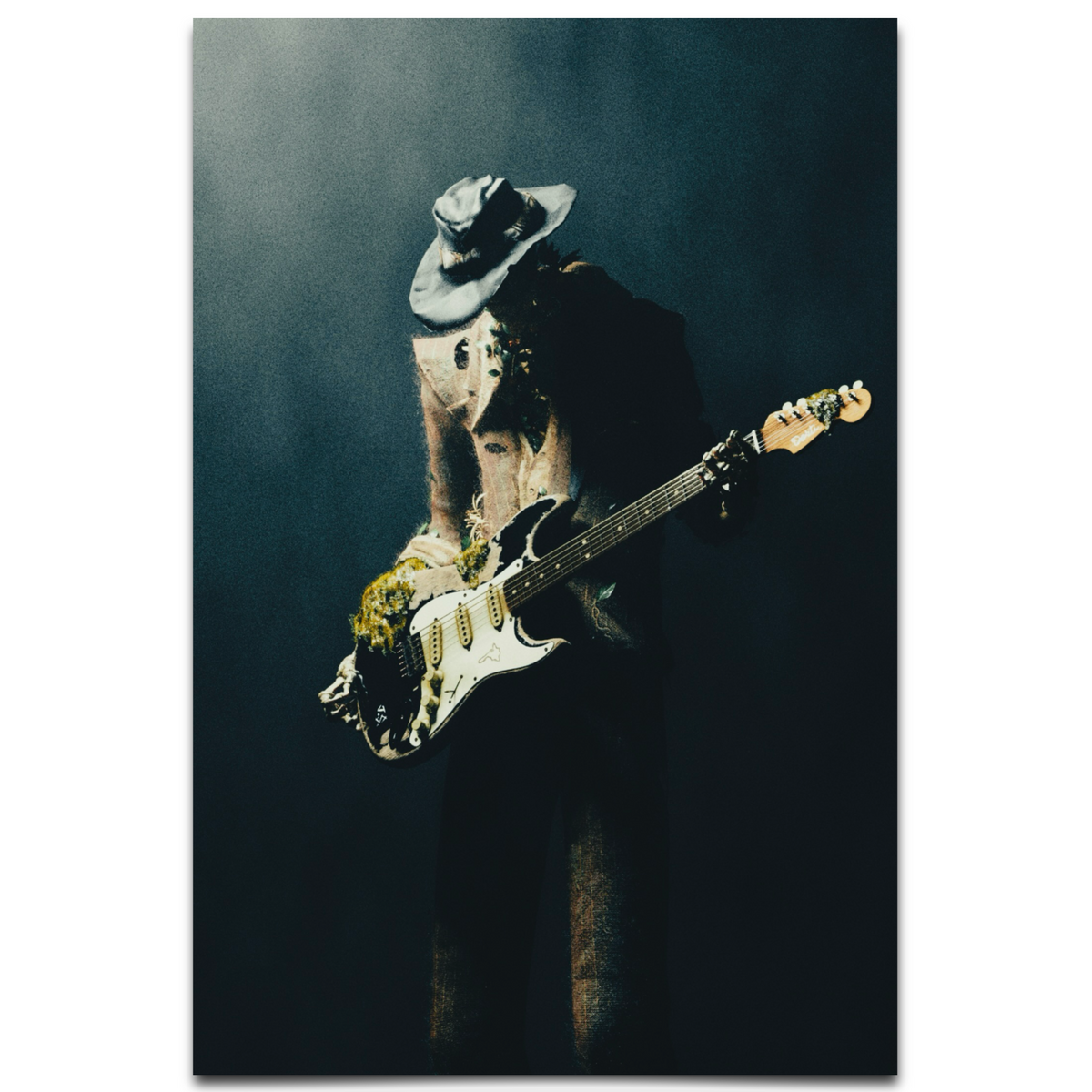If you’re a musician looking to elevate your improvisation skills, arpeggios are a powerful tool to have in your arsenal. These broken chords, where notes are played in sequence rather than simultaneously, can add depth, structure, and creativity to your solos and spontaneous compositions. But how exactly do arpeggios improve improvisation? Let’s break it down.
1. They Provide a Harmonic Foundation
Arpeggios outline the core notes of a chord, typically the root, third, fifth, and sometimes seventh. When you improvise using arpeggios, you’re naturally aligning your playing with the underlying harmony of a song. This helps you stay in key and avoid “wrong” notes, giving your improvisation a polished, intentional sound. For example, if you’re soloing over a C major chord, using a C major arpeggio (C-E-G) ensures your notes fit the harmonic context.
2. They Add Melodic Structure
Improvisation can sometimes feel aimless without a clear framework. Arpeggios give you a melodic skeleton to work around, creating phrases that sound cohesive and musical. Instead of randomly picking notes from a scale, you can use arpeggios to craft lines that emphasize chord tones, making your solos more memorable and emotionally impactful. Jazz and classical players often rely on arpeggios for this exact reason.
3. They Enhance Technical Fluency
Practicing arpeggios builds muscle memory and improves your ability to navigate the fretboard, keyboard, or any instrument. This technical familiarity translates directly to improvisation—when your fingers know arpeggio shapes instinctively, you can weave them into your playing without overthinking. Over time, this fluency lets you focus on expression rather than mechanics, unlocking greater creative freedom.
4. They Open Up Creative Variations
Once you’re comfortable with basic arpeggios, you can experiment with variations—altering rhythms, adding passing notes, or combining arpeggios from different chords. This versatility sparks creativity during improvisation, allowing you to transition smoothly between ideas or build tension and release in your solos. For instance, a guitarist might mix a minor arpeggio with a pentatonic scale to create a bluesy vibe.
In short, arpeggios are like a roadmap for improvisation. They ground your playing in harmony, provide structure, boost your technical skills, and inspire creative exploration. Whether you’re a guitarist, pianist, or any kind of musician, incorporating arpeggios into your practice routine can transform your ability to improvise with confidence and flair. Start simple by mastering arpeggios for common chords in your genre, then experiment with them in your next jam session—you’ll likely hear the difference right away.
























